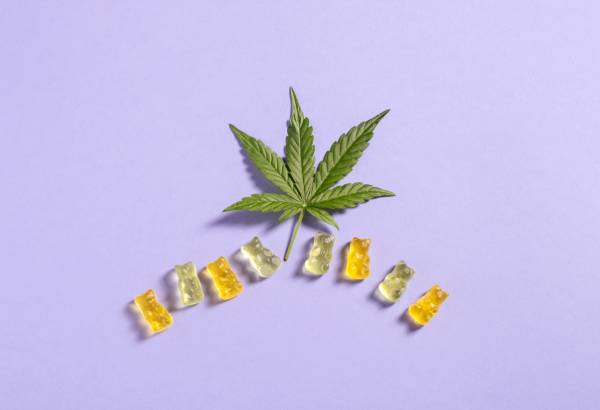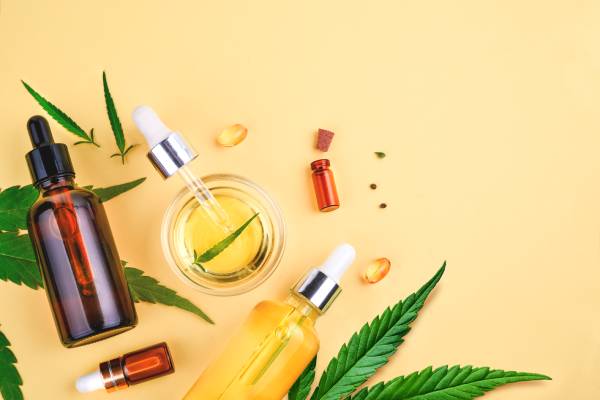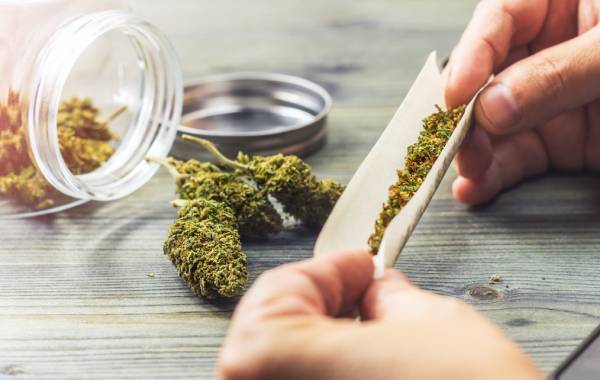The Online CBD Resource Center
Learn all you need to know about CBD. The Online CBD Resource Center is designed to provide accurate and up-to-date information about CBD, its benefits, potential risks, and how to choose high-quality products. Our team of experts scours the latest research and industry trends to make sure everything included is reliable and up to date.
EVERYTHING YOU NEED TO KNOW ABOUT CBD
What is CBD?
CBD is short for “cannabidiol,” which is a prominent compound found in cannabis (marijuana) plants. Unlike THC (tetrahydrocannabinol) – the other part of the cannabis plant – CBD does not produce psychoactive effects, or “get you high.”
People use CBD for a wide variety of reasons, including: seeking relief from anxiety, physical pain, inflammation, insomnia, and epilepsy.
It’s available in multiple forms: oils, tinctures, capsule, edible gummies, ointments, and topical creams.
Quick Answers To The Most Asked Questions About CBD
What Is Cbd Used For?
People use CBD products, like oils or creams, because they may help with various health conditions, like muscle pain, joint health, and inflammation. Others use tinctures and gummies to help with anxiety, insomnia, or stress.
Find Out More ⟶Is CBD Legal?
As of the 2018 Farm Bill, CBD derived from hemp is legal on a federal level in the United States. CBD derived from marijuana, by contrast, remains a schedule I controlled substance under federal law in the United States, making it illegal.
Find Out More ⟶Is CBD Bad For You?
While research into CBD is still ongoing, current studies suggest that CBD may have a number of health benefits and is generally considered safe. However, like any substance, it can have side effects, especially if taken in high doses. Some potential side effects include fatigue, diarrhea, and changes in appetite.
Find Out More ⟶Is CBD Covered By Health Insurance?
Currently, health insurance does not cover CBD, even when it's prescribed for medicinal purposes. This is largely due to CBD being derived from the cannabis plant and its derivatives, which are classified as Schedule I drugs under federal law. It's advisable to check with individual insurance providers for the most accurate information.
Find Out More ⟶Do You Need A Permit To Get CBD?
You typically do not need a permit to purchase CBD products. However, the regulation of CBD varies by state and it's important to be aware of these before purchasing. While hemp-derived CBD is legal at the federal level in the United States, some states have their own specific rules and regulations.
. Find Out More ⟶How Old Should You Be Before Trying CBD?
The appropriate age for trying CBD is a subject of ongoing debate. Generally, it is recommended that only individuals aged 18 and above use CBD products. This is primarily because the effects of CBD on a developing body are not well-studied, and there may be potential risks.
Find Out More ⟶More About What's Legal With CBD
Under the provisions of the 2018 Farm Bill, federally, the United States has legalized the production of hemp-derived CBD. But CBD from marijuana continues to be classified as a Schedule I controlled substance under U.S. federal law, so its production and usage is illegal.
How CBD is treated can differ greatly from state to state. Some states have fully legalized both medicinal and recreational use of CBD, while others have specific regulations or only allow for medicinal use. A few states maintain strict limitations or outright bans on CBD use.
Even though the 2018 Farm Bill legalized hemp-derived CBD at the federal level, many federal agencies have policies that prohibit the use of marijuana and its derivatives, including CBD. This includes both the military and civilian agencies. These policies often stem from the fact that CBD products could contain trace amounts of THC, which could result in a positive drug test.
CBD oil made from hemp, which contains less than 0.3% THC, is legal at the federal level in the United States under the 2018 Farm Bill. But, the DEA still considers CBD oil made from marijuana, which contains more than 0.3% THC, Schedule I drug making it illegal under federal law.
It may be legal given specific circumstances. For example, the FDA has approved a CBD-based medication, Epidiolex, to treat two severe types of epilepsy in patients aged two years and older.
Some states may require a prescription from a licensed healthcare provider for the use of CBD products by minors. But giving CBD to a child for any other purpose would necessitate thorough consultation with a healthcare professional. It's also crucial to remember that the effects of CBD on a developing child's body are not fully understood, so proceed with caution.

Where To Buy CBD
Best CBD Products
Each product has been independently reviewed and tested by the Real CBD team and our partner lab. Knowing what’s in the products that you’re consuming is especially important with CBD products.
Top CBD Brands You Can Trust
We take transparency seriously. These CBD brands pass a thorough review process, stringent product testing, and a series of interviews with our team to ensure their products are safe, and their product descriptions are accurate.
Read More About CBD

According to data recently published in the Journal of the American Medical Association (JAMA), public use of delta-8 products is greater in states where cannabis is criminalized. 12% of those who responded to the study admitted to consuming delta-8 products over the past year. Those who live in states without access to either medical or ... Read more

One of the main reasons people look to cannabinoids is for their relaxation properties. CBD in particular is associated with a gentle mellowing effect. For people struggling with chronic fatigue syndrome (CFS) this may sound like the opposite of what they need for managing their symptoms. Counterintuitively, there is nascent research indicating that CFS symptoms ... Read more

In just the past four years, CBD use has increased 50% in the United States. According to a recent survey published in the Journal of the American Medical Association, about 1 out of 5 participants said they used CBD in the past year. The survey, which was conducted by NORC at the University of Chicago, ... Read more

Social anxiety is a common affliction, especially among those who could be described as shy. Not all shy people have social anxiety, and not all people with social anxiety are shy, but there is a pretty sizeable overlap. In fact, the NIH posits that roughly 12 percent of adults in the United States have some ... Read more










